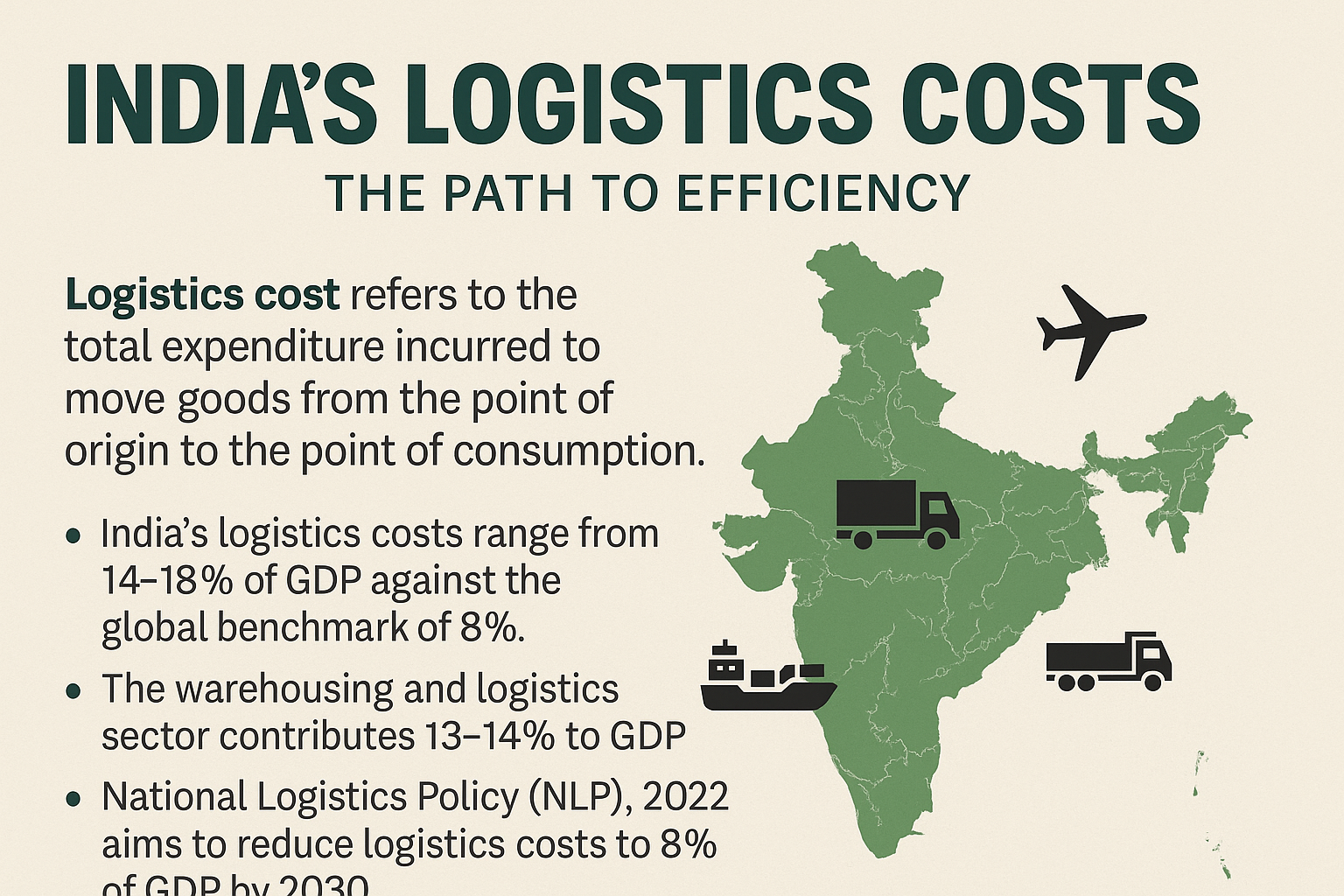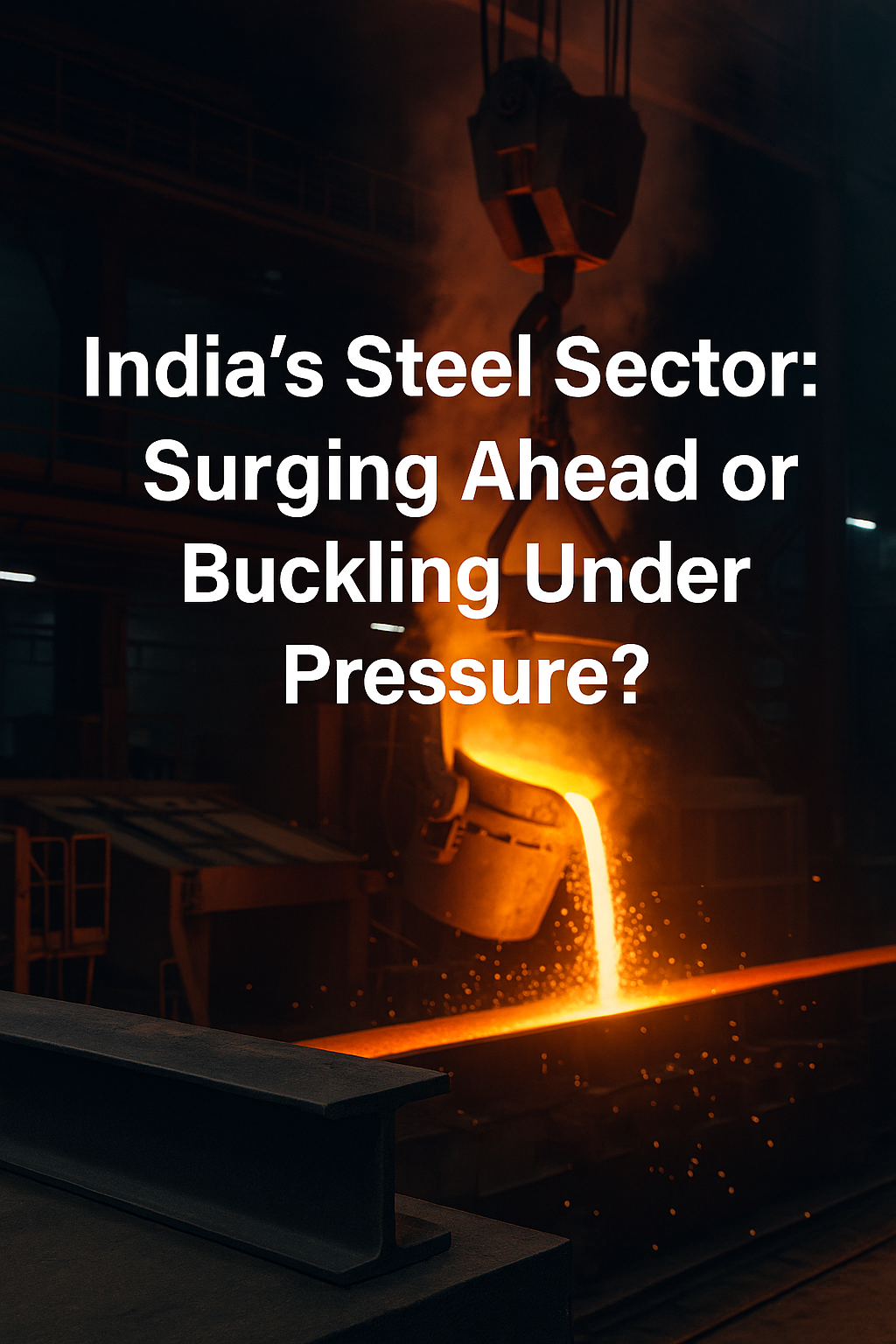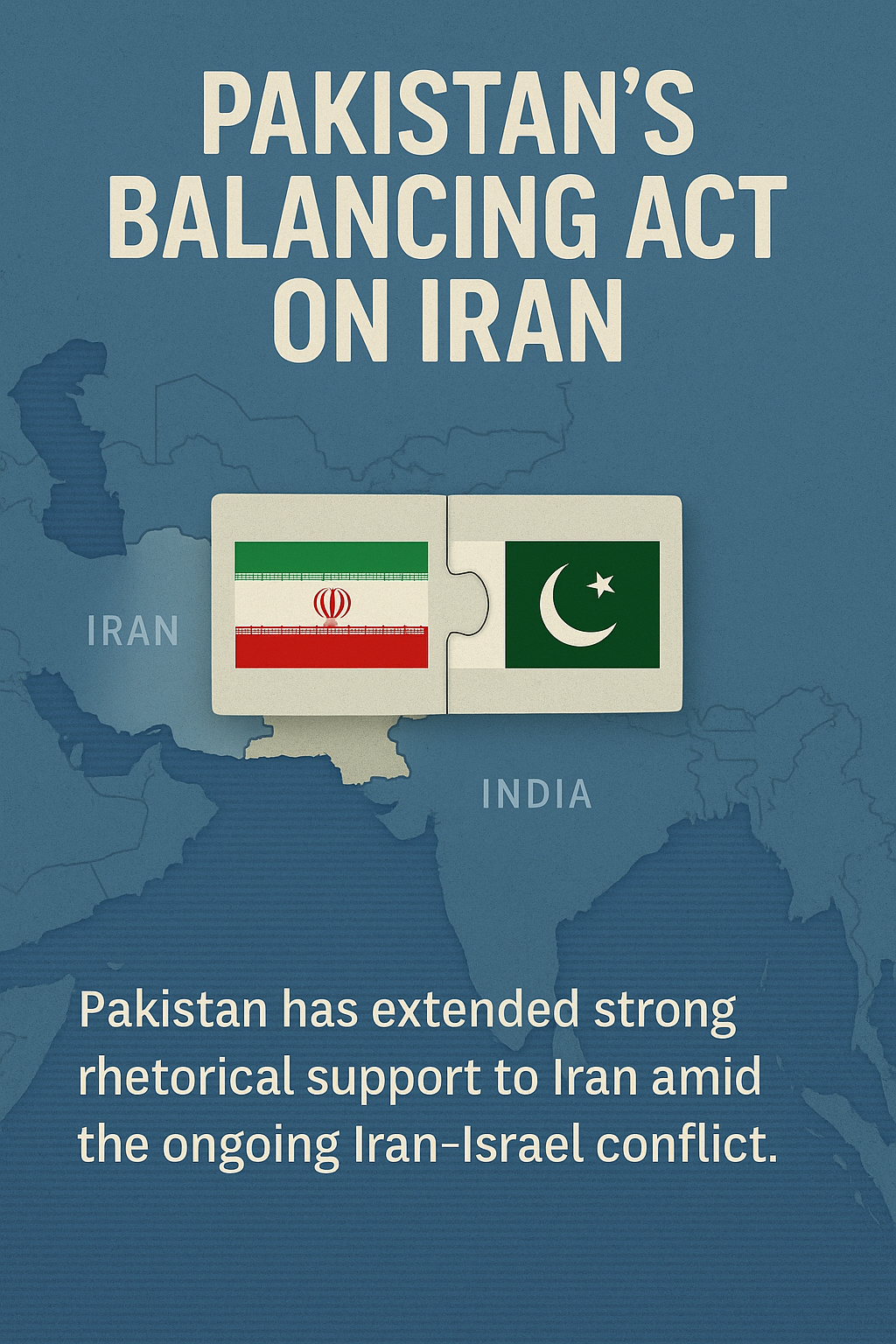257.
🌏 Environment | Thailand Bans Import of Plastic Waste
🛑 “Enough is Enough” — Thailand Shuts Its Doors to Global Plastic Waste
Effective January 1, 2025, Thailand has officially banned the import of plastic waste, taking a firm stand against the rising tide of global plastic pollution. Once a major recipient of plastic scraps from countries like the United States and Japan, Thailand is now prioritising health, environment, and sustainability over economic incentives.
🗑️ Context: Why Was Thailand Importing Plastic Waste?
- Since 2018, Thailand received over 1.1 million tonnes of plastic waste.
- In 2023, Japan alone exported nearly 50,000 tonnes to Thailand.
- Importing waste was once cheaper for Western countries than recycling it domestically.
- Thailand, like other Global South nations, accepted waste for economic benefits — recycling jobs, local income, and low-cost processing.
🔥 Why the Ban? Environmental & Health Wake-Up Call
- Plastic waste, often poorly segregated, is either burned or dumped, releasing toxic chemicals.
- This leads to:
- 🚨 Respiratory and heart diseases
- 🧬 Spread of microplastics in water, food, and air
- Mixed plastics are hard to recycle and often handled unsafely, affecting workers, communities, and ecosystems.
🌐 Waste Colonialism: A Global Ethical Debate
- “Waste colonialism” is the practice of wealthy nations exporting plastic waste to poorer ones.
- Top exporters: Germany, US, Japan, UK
- Affected countries: Thailand, Malaysia, Vietnam, Indonesia, Turkey
- China, once the largest importer, banned imports in 2018, prompting a global rerouting of waste exports.
🧩 Is This a Pattern?
- ✅ China: Plastic import ban in 2018
- ✅ Turkey: Facing scrutiny for UK waste imports
- ✅ EU: Plans to ban plastic waste exports to non-OECD nations by 2026
📣 Activists’ Demand: A Global Plastic Treaty
“One country’s ban won’t stop the crisis — we need a legally binding global agreement.” — Environmental activists & NGOs
- UN-led negotiations have yet to produce a unified treaty on plastic waste.
- Until then, nations like Thailand are taking matters into their own hands to halt toxic imports.
📌 Key Terms
- Microplastics – Tiny plastic fragments contaminating food, water, and lungs
- OECD – Organisation of Economic Co-operation and Development (wealthy nations group)
- ASEAN – Association of Southeast Asian Nations
- OEC – Observatory of Economic Complexity (tracks trade flows)
- Greenpeace – Global environmental advocacy organisation
🧭 Looking Ahead
Thailand’s plastic ban sets a bold precedent for developing nations. While the global waste trade remains active, this decision marks a growing shift toward environmental justice and self-protection.
The real solution? Not just rerouting waste — but reducing it. 🌱















